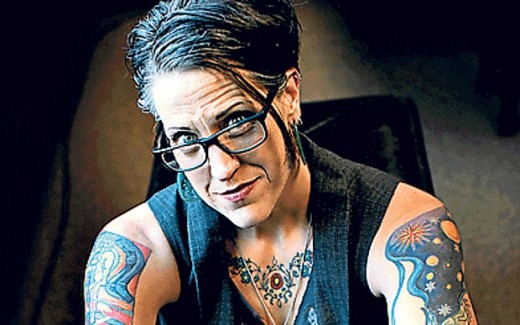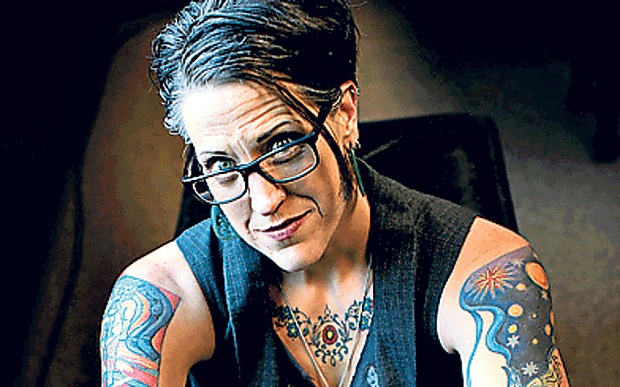No need to get baptised again just because you’re changing sex
The Church of England is being asked for a liturgy to rename transgender people. It’s happening already

Should a “transgender” person be allowed a ceremony of “re-baptism” at their local church? That is what a parishioner requested from the Rev Chris Newlands, Vicar of Lancaster.
“I said we don’t do that, but we did offer him, and then carry out, a service,” Mr Newlands told the Lancaster Guardian. “He was originally baptised as a baby girl, and to him it was about God knowing him by name.”
Mr Newlands mobilised his Deanery and put a motion on the House of Bishops’ agenda for the General Synod of the Church of England: “That this Synod, recognising the need for transgender people to be welcomed and affirmed in their parish church, call on the House of Bishops to consider whether some nationally commended liturgical materials might be prepared to mark a person’s gender transition.”
That was earlier this year, but such services are already being performed. Last Saturday, Nick Benn, aged 20, a London theological student formerly called Nicola, had a renaming ceremony at his church. The order of service was based on a renaming rite used for a member of the House for All Sinners and Saints in Denver, Colorado, “a group of folks figuring out how to be a liturgical, Christo-centric, social justice-oriented, queer-inclusive, incarnational, contemplative, irreverent, ancient / future church”.
The words used seem inoffensive enough: “Holy One of Blessing, in baptism you bring us to new life in Jesus Christ and you name us Beloved. We give you thanks for the renewal of that life and love in Mary Christine Callahan, who now takes on a new name.” The new name was Asher.
The ceremony also said: “O God, in renaming your servants Abraham, Sarah, Jacob, Peter, and Paul, you gave them new lives and new tasks.”
The Rev Nadia Bolz-Weber (pictured), a pastor of the Evangelical Lutheran Church in America, is the founder of the House for All Sinners and Saints. “One really lovely thing about this day,” she commented, “was that Asher made a little shrine to his previously female self, Mary. It included the whole name lovingly written out, several photos and a candle.”
It is quite hard in all this to see the wood for the trees of absurdity. The Rev Nadia Bolz-Weber was described in an interview with an American online journal this week as a “recovering alcoholic and former stand-up comic, covered in tattoos with a cussing cadence”. I think she intends to épater les bourgeois.
To me, the great problem is thinking of a change of name as a re-baptism. The Denver renaming ceremony included a short reading from St Paul: “There is no longer Jew or Greek, there is no longer slave or free, there is no longer male and female; for all are one in Christ Jesus.”
Being baptised does not establish the candidate as either male or female. The essential words, while water is poured over the person, are: “I baptise you in the name of the Father, and of the Son, and of the Holy Spirit.” It is true that this is usually preceded by the name, but the baptism doesn’t establish the name: it is not: “I baptise you Mary,” but: “Mary, I baptise you.”
I’ve known at least one person, an artist, who never established whether she was male or female. These things happen. Nadia Bolz-Weber holds an annual blessing for bicycles. Why not? She also blesses people who change name or gender. This should no more be thought of as baptism than being blessed with your bicycle should be seen as marriage.
The Church of England is being asked for a liturgy to rename transgender people. It’s happening already
![]() Telegraph Columnists: daily opinion, editorials and columns from our star writers
Telegraph Columnists: daily opinion, editorials and columns from our star writers
(108)




